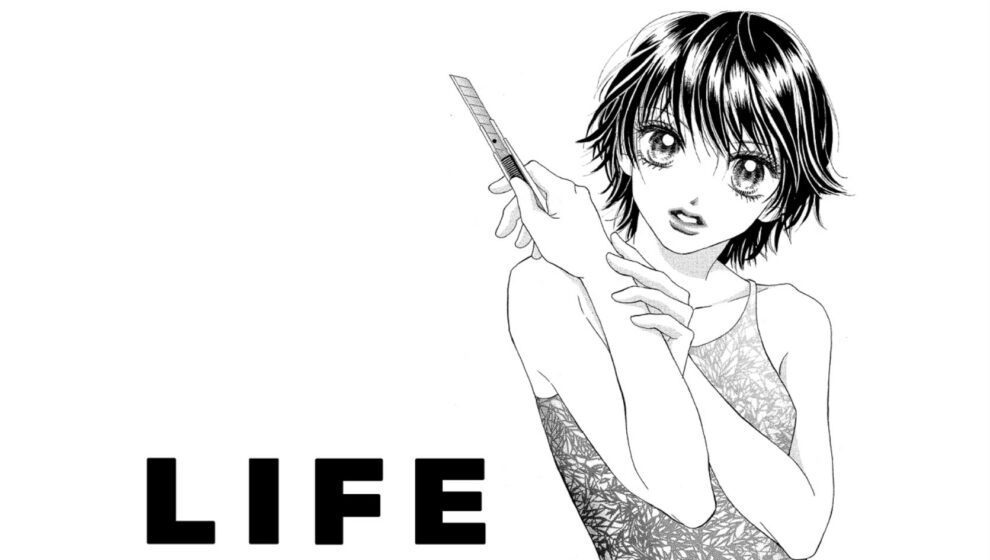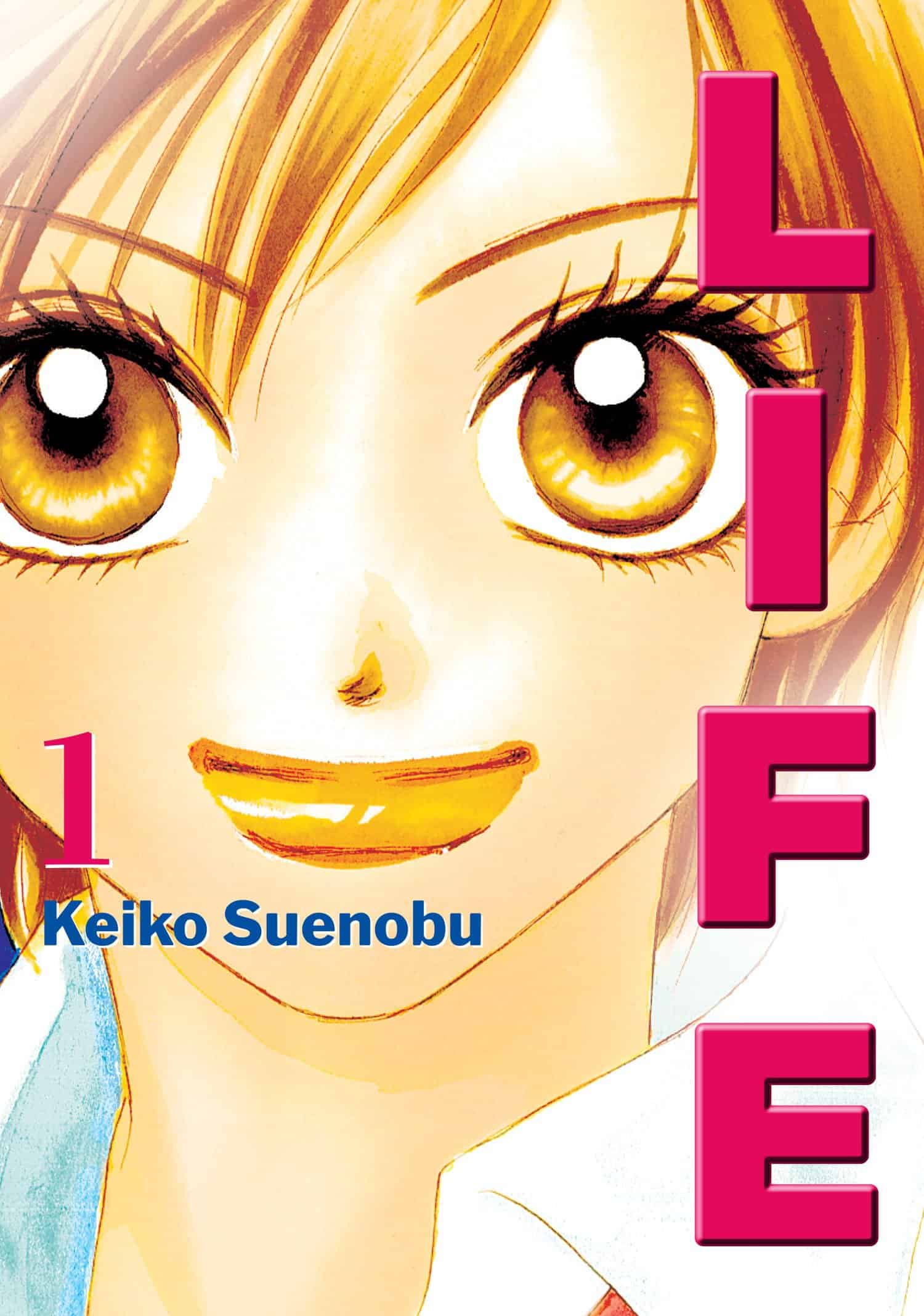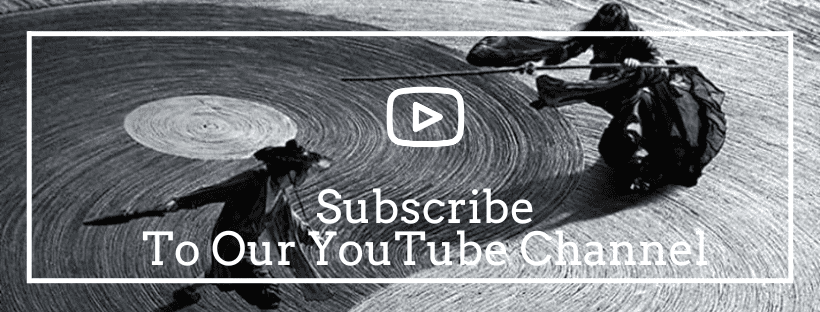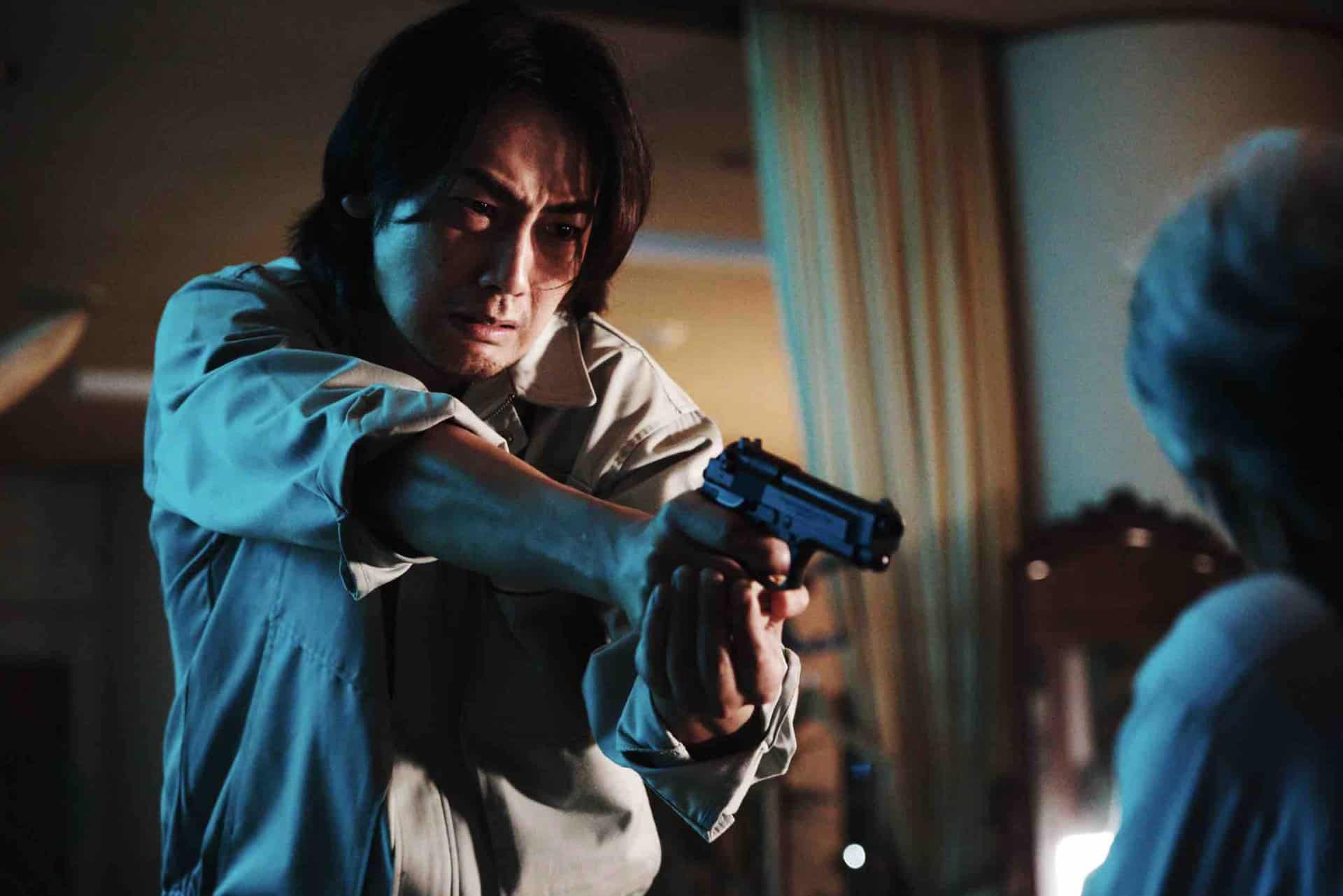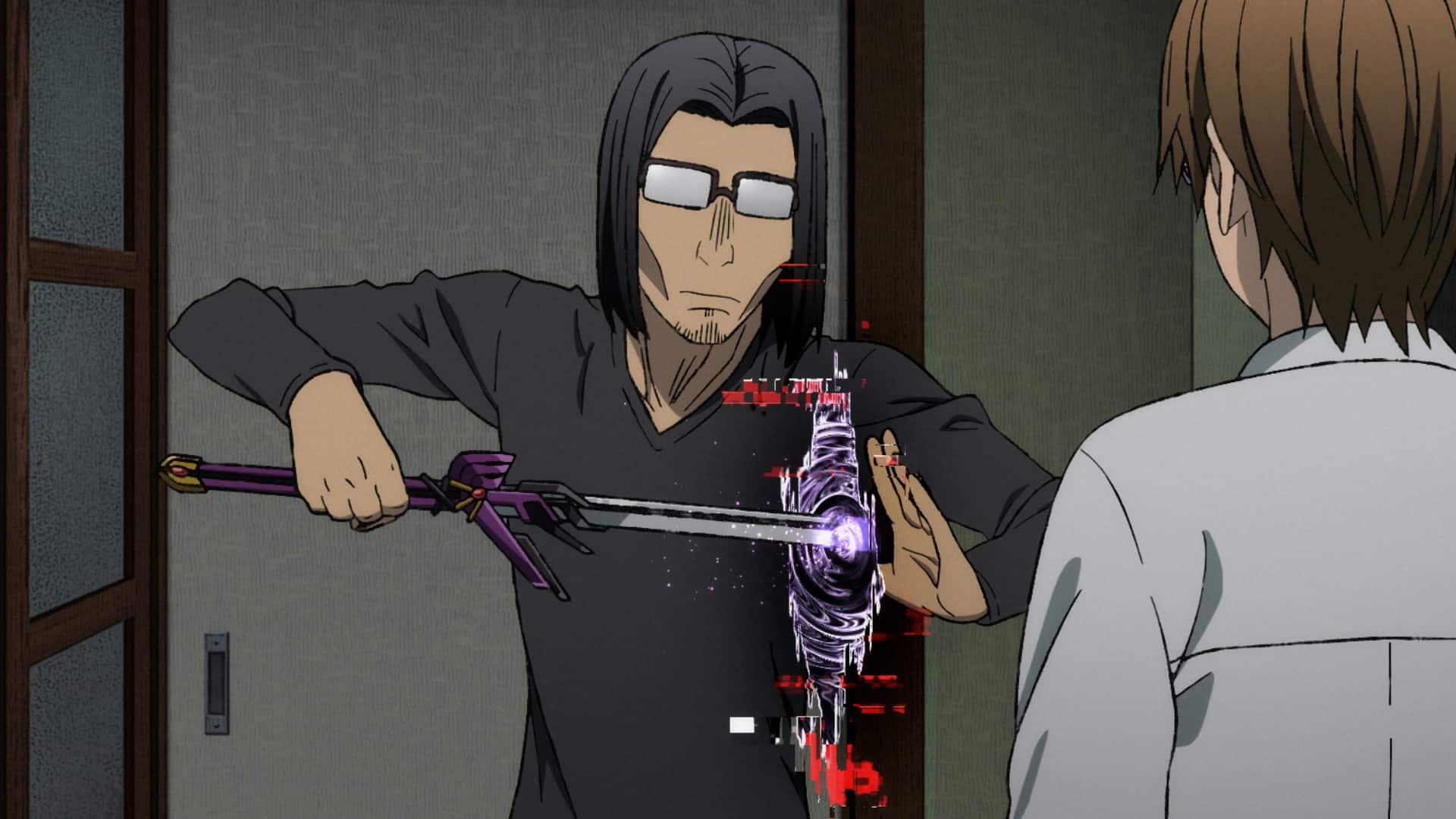“All Ayumu dreams of is making it into the same high school as her best friend. But when she gets in and her friend doesn't, their friendship crumbles-sending Ayumu spiraling into depression. She finds relief in cutting herself, but realizes soon that her scars may interfere with her budding high school life. Can she trust her new friend, Manami, who seems too good to be true? Or will Ayumu's apparent lack of compassion and understanding get her tossed aside like she was before? And is there anyone else out there who could possibly love her for who she is?” (Kodansha)
Unabashedly exploring mental health as it pertains to self-harm, Keiko Suenobu's “Life” has already seen infamy and praise, including the grand prize winner at the 30th Kodansha Manga Awards for best Shojo series. The series was published that year through TOKYOPOP but has long since been OOP, leaving the franchise difficult to obtain until the recent release of the Ebook format from Kodansha. As a new title to many readers, who were not collecting as far back as 2006, the series being revamped for a modern audience seemed long overdue. So, was the wait worth it and how do the sensational elements and handling of mental health issues translate for a modern audience?
Given the universality of teenage depression and the, sadly, shared experiences of self-harm stemming from it, “Life” remains as profound today as it was back on its release. Conveying the difficulties shared by many youths under the academic pressures of the Japanese school system, Ayumi becomes a conduit for the resentment of a friend who was unable to get into a good school and their once-best friendship deteriorates, under this jealousy. Keiko Suenobu captures this transition with such sincerity and understanding of the fickle emotional state of teenagers, that the quick transition from optimism to depression and self-harm does not feel forced or sensational. Undeniably, “Life” evokes a strong emotional reaction due to its considered approach towards the subject of teenage depression and how it can be both severe and quick to manifest in a competitive environment.
The book is, by design, one-note in its delivery and is devoid of substance beyond exploring teenage depression. However, this works in the manga's favor as the sense of unease is constant, conveying how all-consuming Ayumu's struggles are. Friendship further complicates Ayumu's situation, having lost a friend and gained another offer a glimmer of hope, yet new friend Manami has an abundance of issues herself, including very manipulative and possessive views on Ayumu. Their friendship, combined with the latter's declining mental condition, makes the inaugural volume heavy in emotionally driven content. Consequently, the intensity of the series will either draw readers in deeper or dissuade them depending on their comfort with the sensitive subject matter.
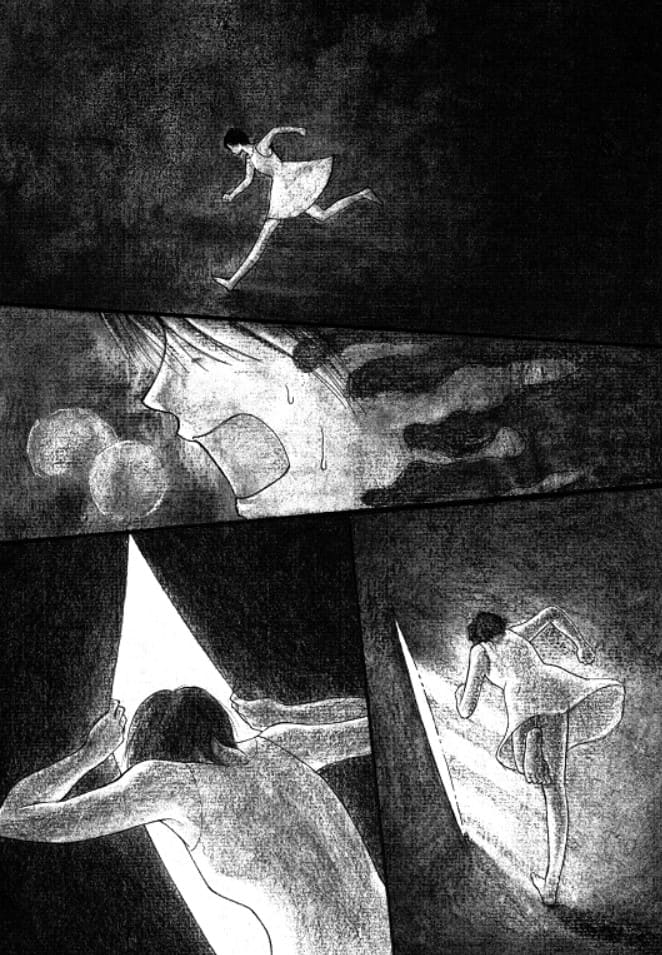
Visually, “Life” is slightly underwhelming, with the majority of the book feeling rather devoid of much character or display of emotion in facial features (static). The strength of the writing evokes a stronger sense of empathy/sympathy than the visual presentation, which is slightly unfortunate. However, where Keiko Suenobu excels as an artist is in using visuals as an abstract story device, capturing Ayumu's struggle in a way that conveys visceral pain. Consequently, the reaction to her cutting, inter-spliced with these mini-metaphorical nightmares, conveys the dread Ayumu is experiencing with profundity. The art, ultimately, is inconsistent and fails to impress in its entirety, yet this is easily overlooked in considering all the elements of storytelling at which Keiko Suenobu excels at.
It is wonderful to see Kodansha bringing “Life” back after a long period of being OOP, even if it is just in the digital format for the time being. The story won't appeal to every reader as the subject matter will be too charged for some, but those who enjoy exploring complex and emotionally charged narratives will be pleased with how masterfully Keiko Suenobu explores depression. For those who were not able to check out the original release (like me), this is a welcome addition to the digital library as a prime example of how manga can tell these stories with a clarity that feels unique to the format.


